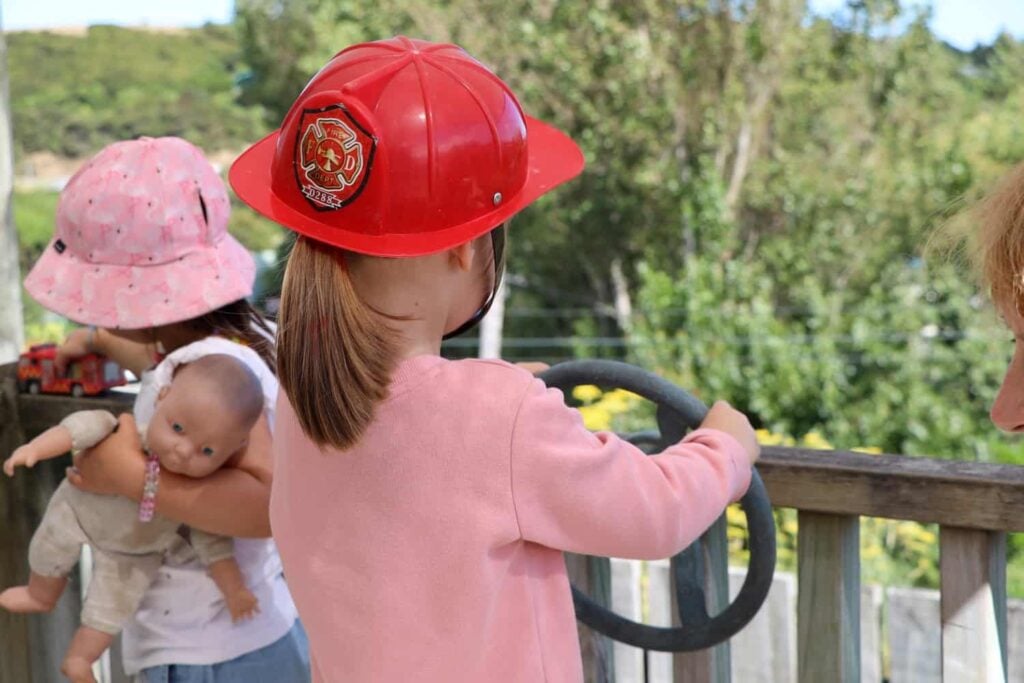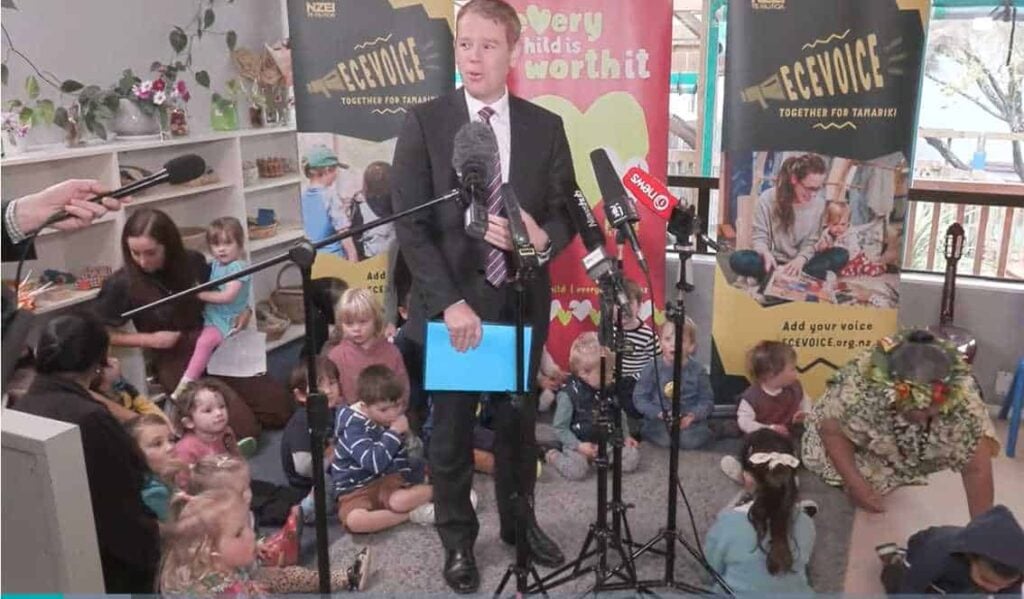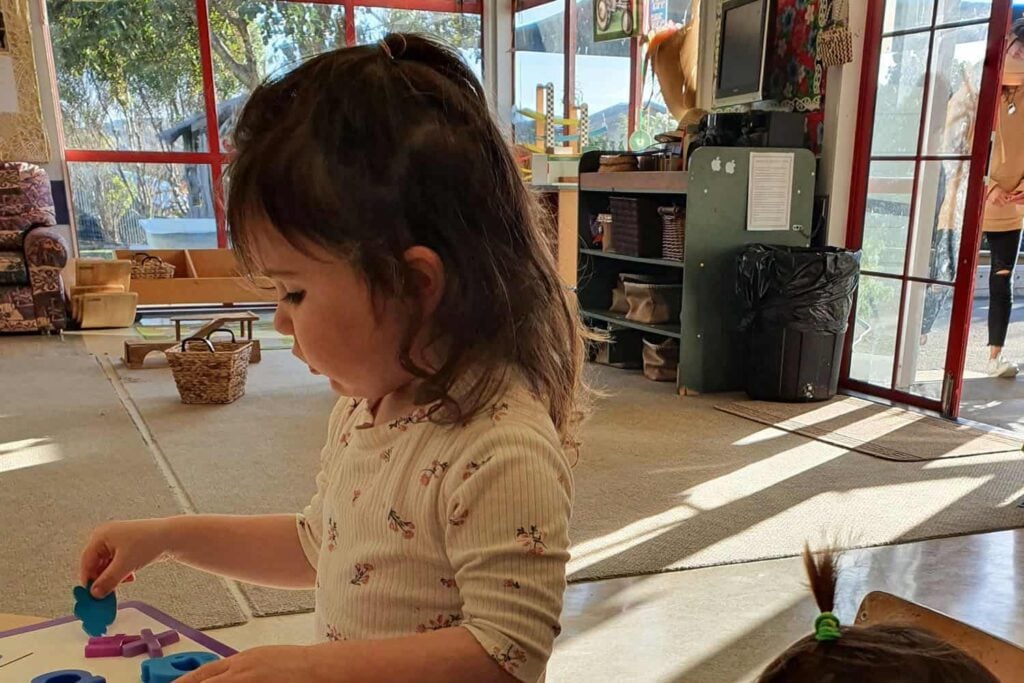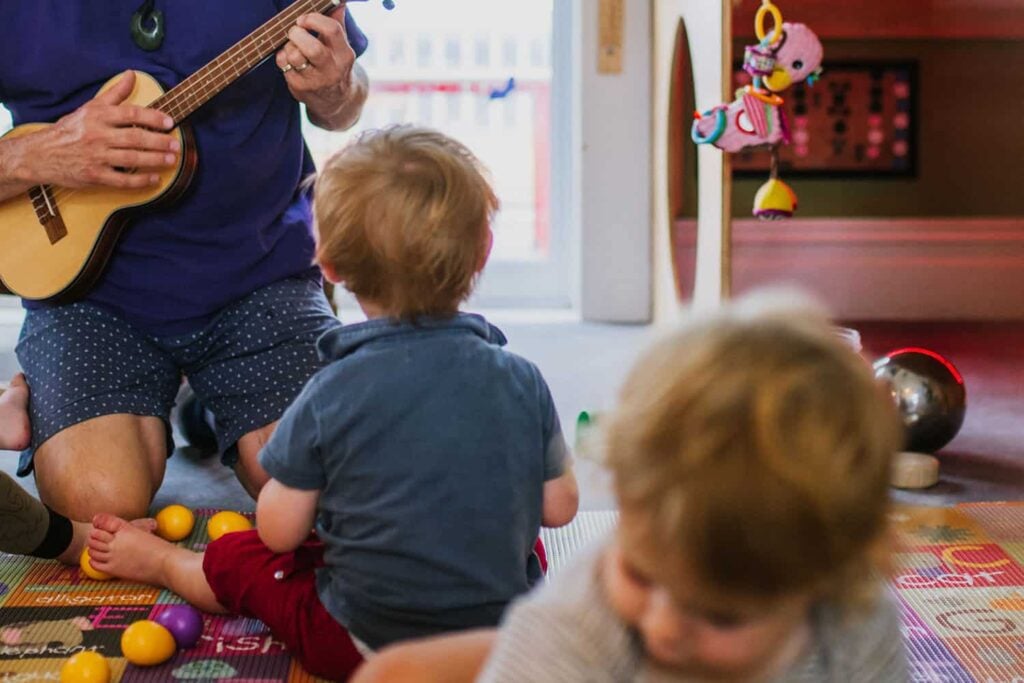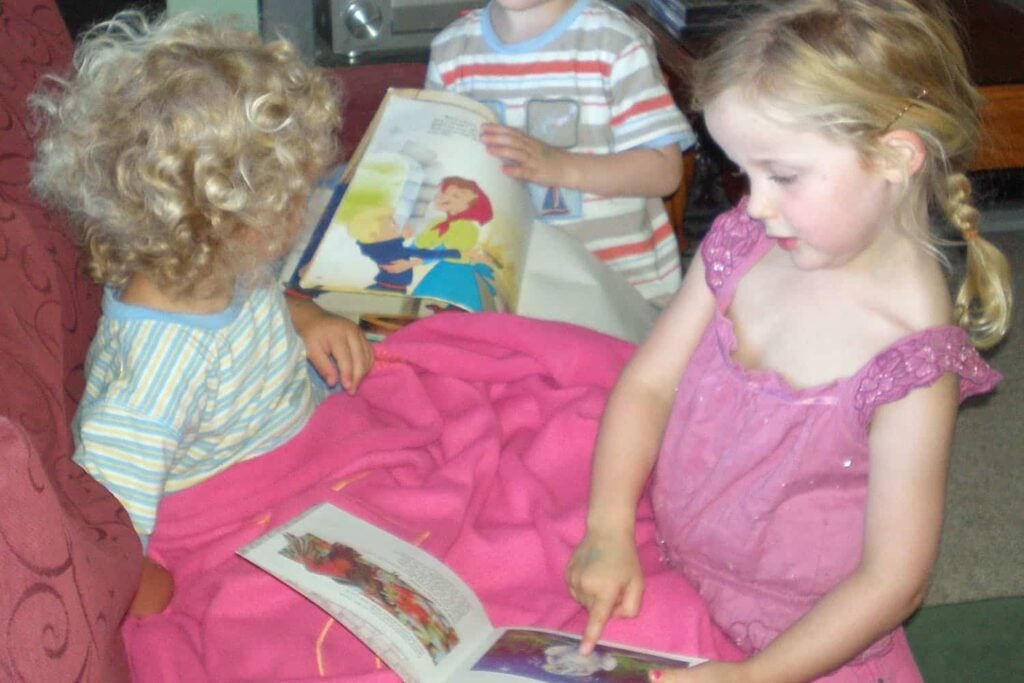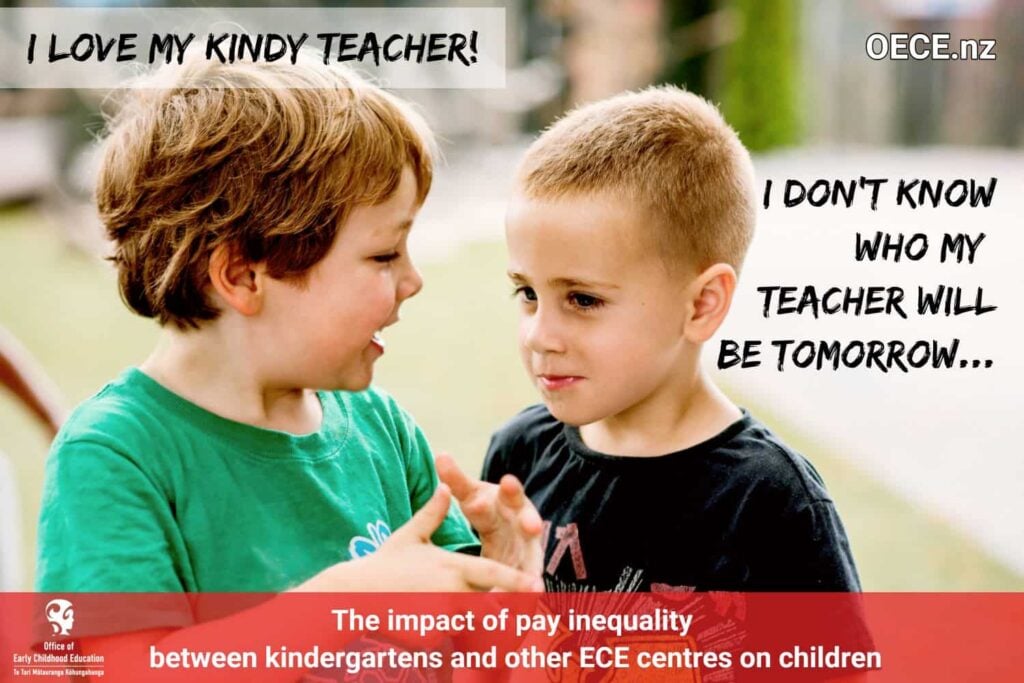Campaign to Get Men To Take Up Early Childhood Work.
By Dr Sarah Alexander.
February 27, 2013.
As money was available for use on gender equity initiatives, the German Federal Ministry of Family Affairs, Senior Citizens, Women and Youth decided to go ahead and fund the initiative ‘men in early childhood education and care‘.
The Ministry was under pressure to do something about addressing the problem of boys’ underachievement in education and working on gender equity for men would contribute toward this.
Thirty million Euros was made available for the whole of Germany and 1.7 million Euros of this was available over three years for Hamburg alone.
This article focuses on the Hamburg initiative. The initiative comprises of 3 parts:
- A Coordination Centre
- The ESF pilot programme – the programme for career change for men
- A major research project (called the Tandem study, see results in another article on the ChildForum website)
This initiative offers a model for international comparison of funding and strategies to bring men into early childhood education.

Working with a variety of partners, including key players in the early childhood sector and policy makers, is probably one of the keys to the success of the Coordination Centre. Since the Centre opened in 2010 staff have worked with key players to develop future-oriented ideas and projects. One aim has been to anchor gender concepts in early childhood education and promote collaboration between male and female educators. Another aim has been to significantly increase the number of male educators working in early childhood centres.
Activities include:
- Fielding calls and providing counselling from those interested in training to be an early childhood educator or employing a male educator. A publicity campaign generated hundreds of calls and led to more than 260 consultations. (The top tip provided to men who call is to go and visit centres in their local area and volunteer to assist in a centre for a week).
- Providing an annual conference with lectures and workshops for men and women on men in early childhood education.
- Initiating and managing five work groups focused on vocational orientation, qualification, early childhood centre management, abuse of power and men in early childhood education. These work groups develop concepts, set goals, and establish networks.
- Development of professional development courses to meet the specific needs of the 58 centres in the ESF pilot programme,
- Running a publicity campaign.
The publicity campaign has been hugely successful so far:
- In all subway and regional train stations a broad campaign of print ads featuring actual male early childhood educators advertised the diversity of the occupation. It helped to broaden the professional image of teaching (that it is not just about changing nappies) and motivated people through a call for action.
- A website, Facebook page, plus several films on the YouTube Channel shared information about training and early childhood teaching as a career.
- Staff attended and talked at career fairs. At one career fair, a competition was organised to find the best model for a “Diversity, MAN” Mini-me doll for the 58 centres in the pilot project. Voting took place on Facebook and two students were chosen as models for the Mini-Me dolls. Gobi was one of these students and his view was: “I think the basic idea is simply wonderful. I’ve never seen a more beautiful marketing campaign with such a nice idea behind it; namely, to gently rock more men into this occupation in a very nice way. That’s why I was only too happy to participate”.
- In English the slogan “Vielfalt, Mann! Dein Talent fur Hamburger Kitas” is “Diversity, Man! More Talent for Hamburg Early Childhood Centres”.
- Campaign t-shirts to show that men work with children too were distributed to centres in the pilot project. A key problem is the invisibility of men. The t-shirts remind parents and everyone that men and women can work together and children need men too. The t-shirts list the various talents a man may bring, e.g. “musician”, “wizard”, “philosopher”, goal-keeper”, and “baker”. This was also to provide a message to men that their talents as men and their individual personalities are an important addition to early childhood education.
In just under two years, the Hamburg More Men in Kitas Project had:
- more than 18,000 visitors to its homepage,
- 20,000 viewers of its YouTube channel,
- more than 100 press/newspaper articles about the project,
- increased to 13% the proportion of men in the centres in the project, and
- seen the number of men enrolled in training increase to 18%.


